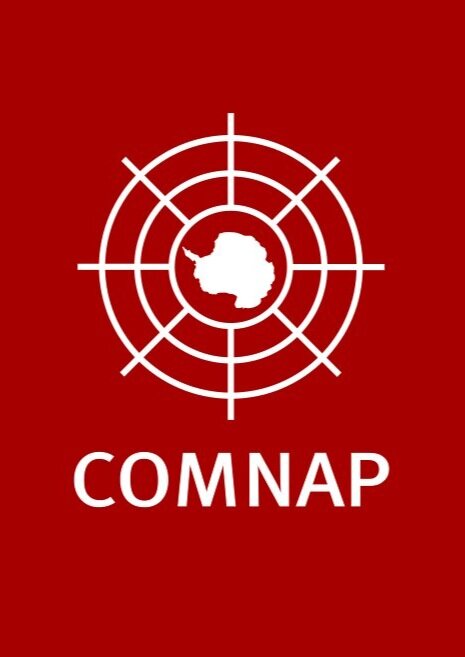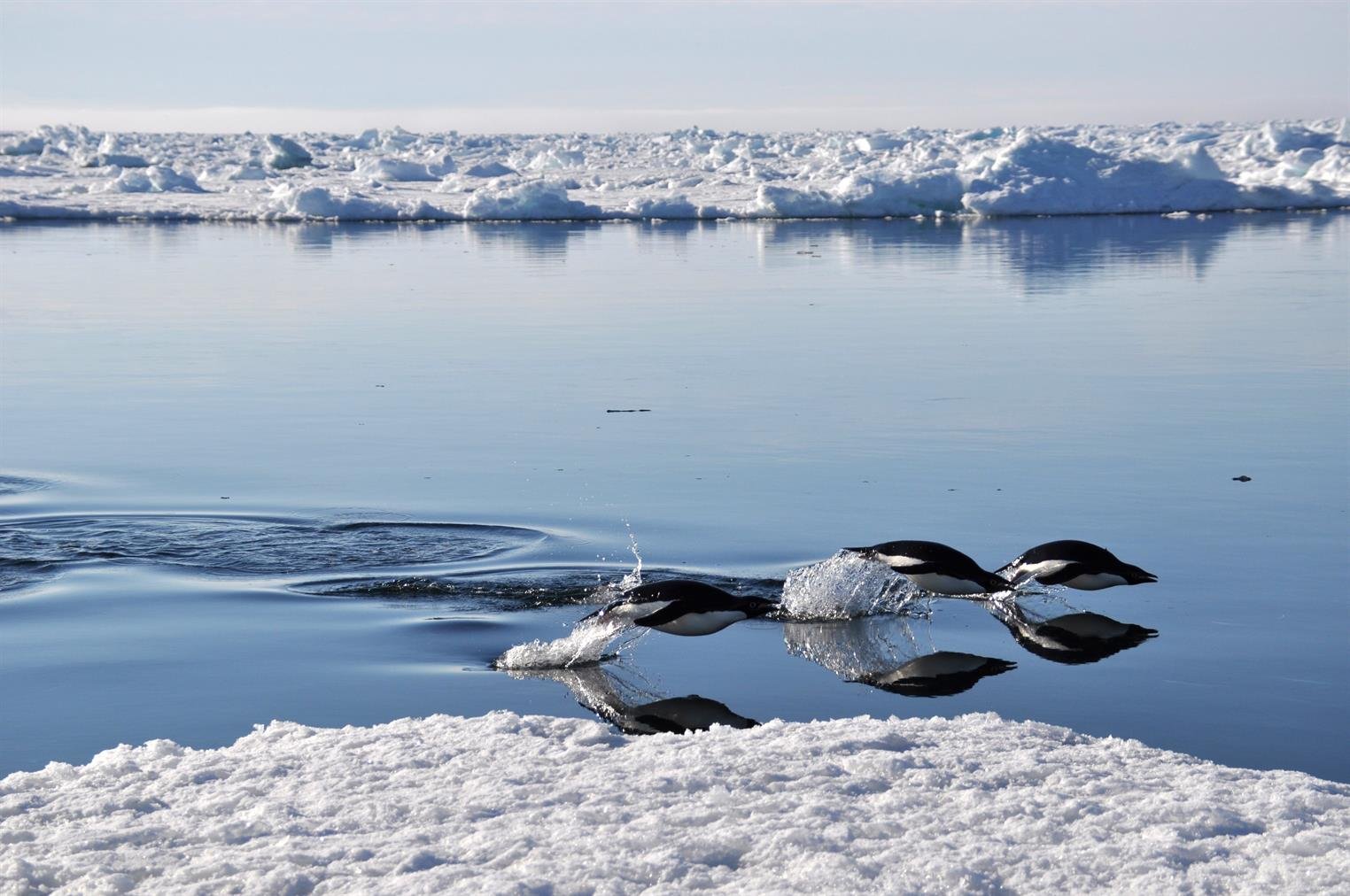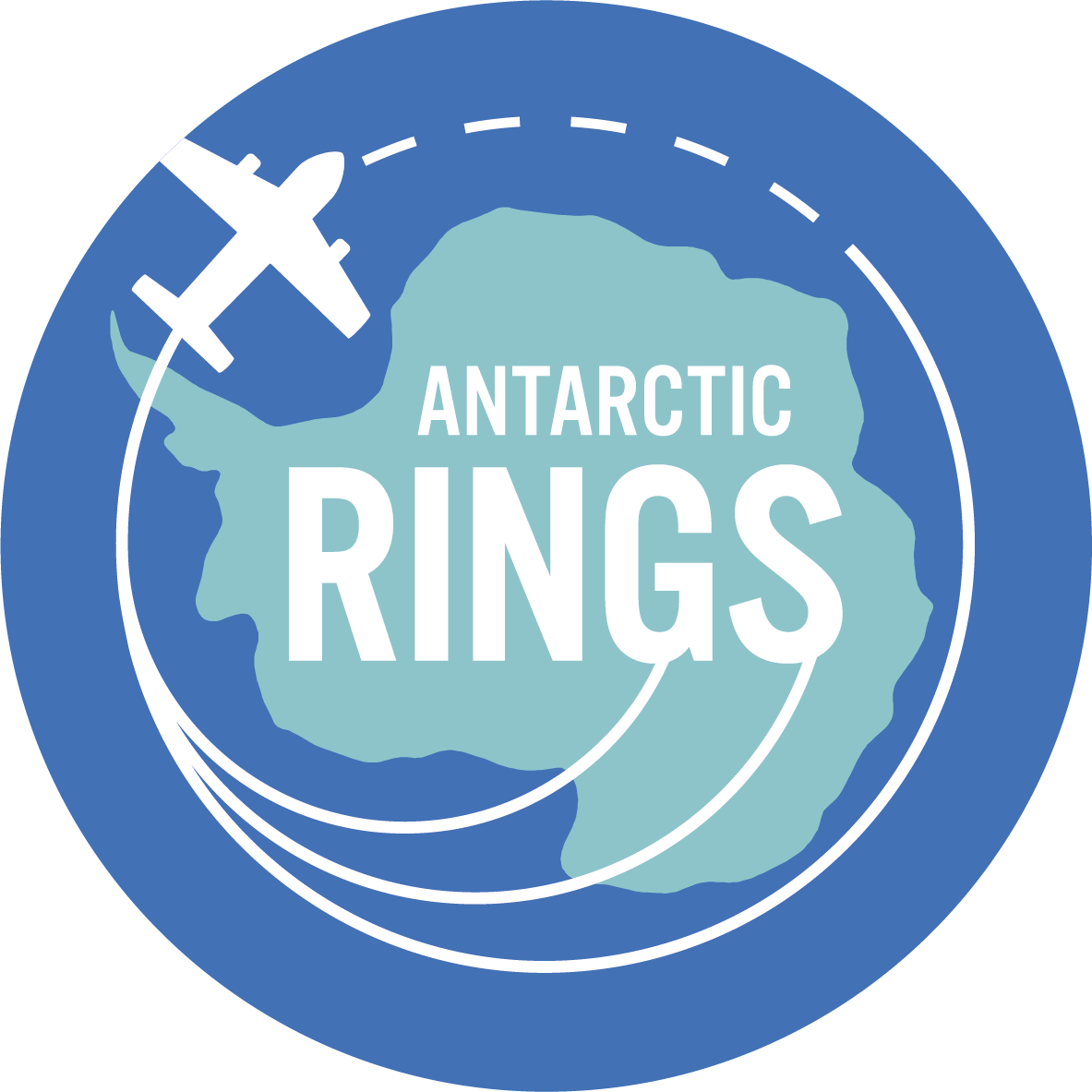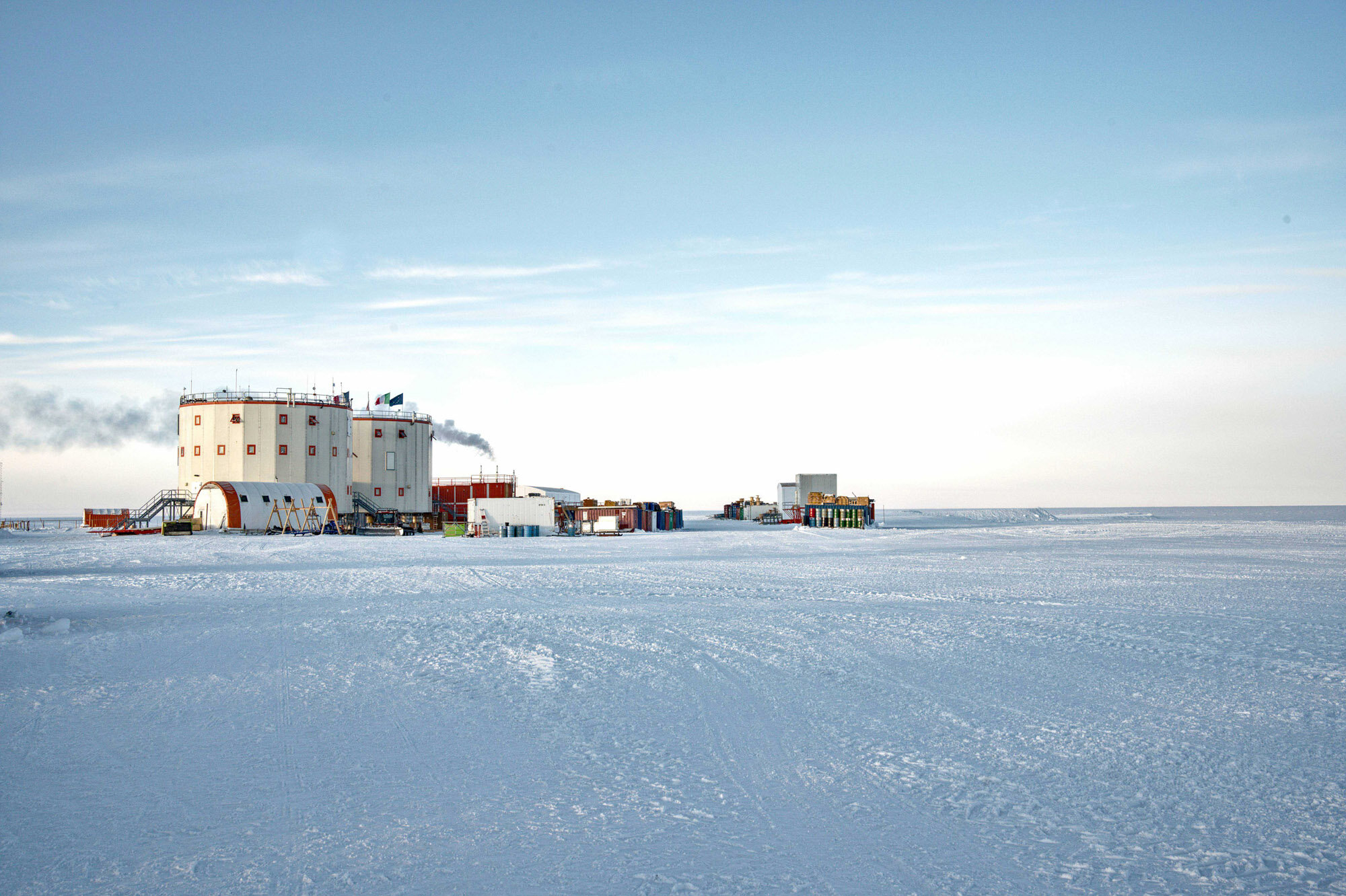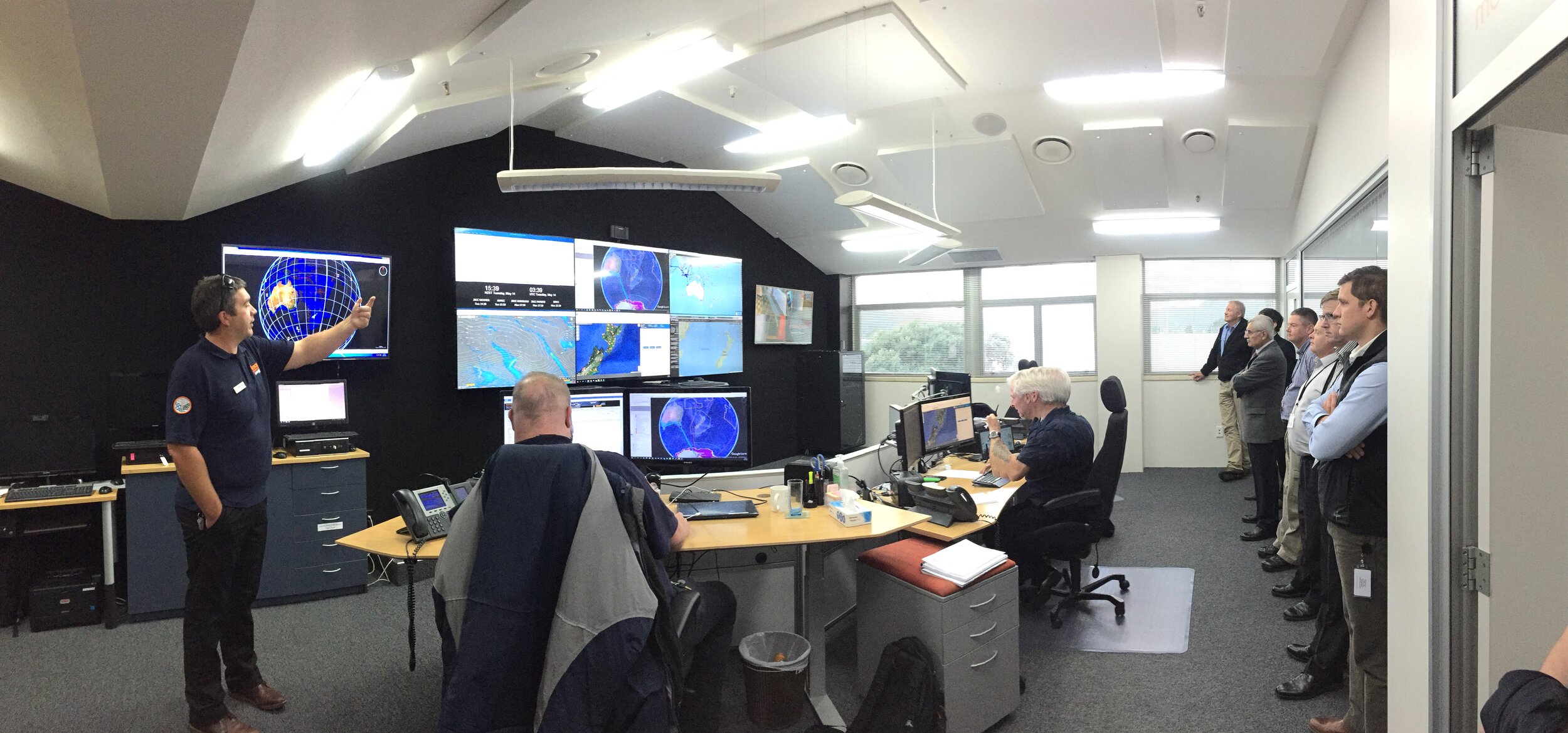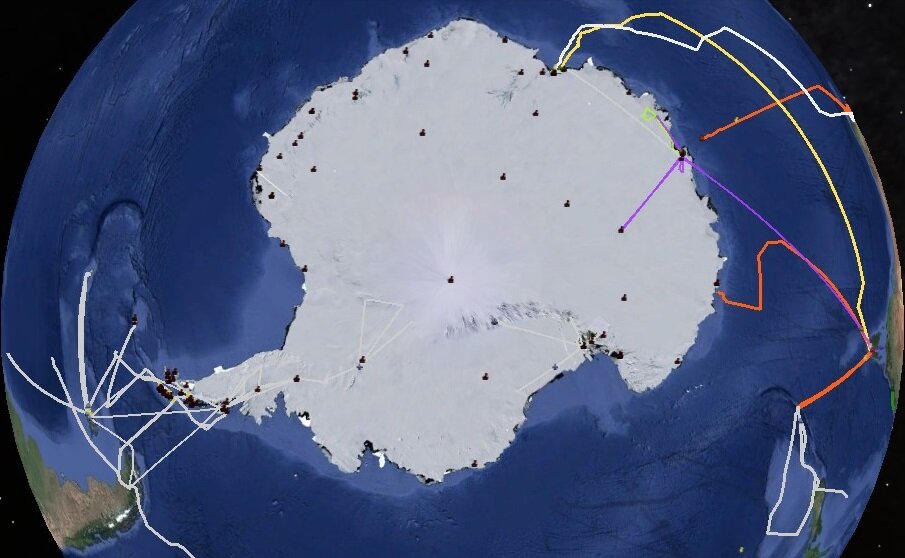
COMNAP Projects
COMNAP Member National Antarctic Programs are the authorities when it comes to Antarctica. They have the greatest, collective, first-hand knowledge of the place. COMNAP helps share and develop knowledge related to best practice through our project work. Our three-year workplan helps us stay on-track, and it reflects key Antarctic issues, opportunities and challenges for the next several years. Here are some of the projects we are currently working on:
Highly Pathogenic Avian Influenza (HPAI) Preparedness, Monitoring & Response
Project manager: Michelle Rogan-Finnemore
EXCOM: Agnieszka Kruszewska
This project addresses the heightened risk related to HPAI now that it has been confirmed in the Antarctic Treaty area. COMNAP has developed guidance for national Antarctic programs based on current scientific and medical community advice. All national Antarctic programs are encouraged to develop site-specific/activity-specific HPAI guidelines.
Until early 2024, HPAI had been a global problem but was not found in the Antarctic Treaty region. In October 2023, it reached the Sub-Antarctic and in February 2024 there were confirmed cases reported in the Antarctic Peninsula Region. All indications are that the virus arrived in Antarctica through natural migration of species. National Antarctic programs are actively contributing to the monitoring, sampling, testing and reporting efforts.
Avian flu is a viral infection that is highly contagious among birds and is found in domestic poultry and wild birds. There has also been confirmed cases in mammals. We can’t stop the natural migration of wildlife and so we cannot stop the virus from spreading to/in Antarctica. But, we can look for signs of HPAI in Antarctic species and report those signs, take extra precautions to prevent the spread of the virus by human activity, and protect our human expeditioners from contracting the disease from infected birds and mammals.
A one-page summary has been produced by COMNAP with information. Full guidance is regularly updated-the current version is version 4 (released 10 December 2024) and it is available by way of the Member’s Only Document area. Further information under “Learn more”.
Ensuring everyone feels “welcomed, safe & respected” and Preventing Harassment in Antarctica
Project manager: Iva Polackova Solcova
EXCOM: Wendy Rubio
Many Antarctic research programs have initiatives underway aimed at improving and implementing ways for everyone to feel welcomed, safe and respected in Antarctica and to ensure we contribute to preventing harassment. COMNAP members have a unique perspective on these topics because we work at the interface between the research communities we serve and the workforce that operates the stations and field camps. The principal objective of this project is to leverage this unique perspective by creating a COMNAP “hub” for information sharing that is available to all programs and enables each Nation’s efforts to advance more quickly and efficiently.
This project will also contribute to item 13 of the Antarctic Treaty Consultative Meeting’s Multi-Year Strategic Work Plan (2024), which is to “address equality, diversity and inclusion issues, by promoting full participation of underrepresented groups in Antarctic science and operations activities across all Antarctic issues, including science, operations, policy and law.”
COMNAP RINGS Collaboration
Project Manager: Carl Robinson
EXCOM: Shailedra Saini & Wendy Rubio
RINGS is a collaborative effort to better understand coastal regions of the Antarctic Ice Sheet primarily using airborne geophysics. RINGS began as a SCAR Action Group in 2021 aiming to facilitate coordinating regional survey efforts and relevant research programs so that the current knowledge gaps at the ice-sheet margin are filled to better understand current and future Antarctic contributions to the sea-level rise.
From a COMNAP perspective, the objective of the project is to establish a network within COMNAP or utilise the already well-established regional groups to provide logistics knowledge for efficient survey planning, and communicate and better coordinate regional logistic support of RINGS when it is provided by national Antarctic programmes.
COMNAP Insync Collaboration
Project manager: Uwe Nixdorf
EXCOM: Ollie Darke
Antarctica InSync research program aims to enhance collaboration, knowledge, data sharing (between science and other societal agents) and science dialogue to raise awareness of the role of Antarctica for our lives and humanity’s future. Its goal is to provide a framework for international collaboration to implement a number of overarching challenges for sustainable ocean science.
The science plan will be enabled by the cooperation between national Antarctic programmes through research ships, stations, and aircraft, and their requested expertise (people) as represented in the COMNAP Membership. The implementation of Antarctica InSync will require coordinated and sustained effort from COMNAP Member national Antarctic programmes.
COMNAP Database
Project manager: Andrea Colombo
EXCOM: Michelle Rogan-Finnemore
Providing information in relation to the capabilities of national Antarctic programmes is a significant responsibility, and one that all programmes take very seriously. It is also an obligation that places a burden on already busy national Antarctic programmes’ staff, who must provide the information into multiple databases / systems, and must ensure that the provision of data into each is done in a manner that addresses the need for currency of the data.
COMNAP developed the database with input from all COMNAP Member national Antarctic programmes. The COMNAP Secretariat uses the database to produce information products and select items from the database are shared with the Antarctic Treaty Secretariat and with Rescue Coordination Centres.
INFORMATION EXCHANGE – How COMNAP Productises Data for Members & the Community
COMNAP Asset Tracking System (CATS)
Project manager: Robb Clifton
EXCOM: Gianluca Bianchi Fasani
The COMNAP Asset Tracking System (CATS) is an optional, voluntary system for exchange of information about national Antarctic programme ship operations and capabilities. It is designed by COMNAP for COMNAP. The purpose of the system is to facilitate collaboration between programmes, with other operators, and with other stakeholders.
Once set up, positions can be acquired automatically from vessels and aircraft.
If your program is operating or contracting a vessel or aircraft that will operate in the Antarctic Treaty Area this season, and if you have not set up your positions to be automatically included, then please see “How to provide data to CATS/Data Feed Specification” at https://apps.aad.gov.au/comnap/datafeed.
If you have already set this up, and if you are a COMNAP Member, you can view the CATS by way of the app at https://apps.aad.gov.au/comnap/ (username and password will be required).
Further technical questions regarding set-up or including your vessel or aircraft, contact Rob Jennings and cc Robb Clifton. General queries about CATS, contact sec@comnap.aq.
Search and Rescue (SAR) and Rescue Coordination Centres (RCCs)
Project manager: Andrea Colombo
EXCOM: Michelle Rogan-Finnemore
The objective of this project is to mantain up-to-date information on Search and Rescue (SAR) and Rescue Coordination Centres (RCCs) as recommended by Resolution 4 (2013), ATCM XXXVI/CEP XVI, Brussels.
RCCs (with Antarctic coordination responsibility) authorities and points of contact can be found here.
SAR Workshop I (2008) Full Report
SAR Workshop II (2009) Full Report
SAR Workshop III (2016) Full Report
SAR Workshop IV (2019) Full Report
SAR Workshop 5 (2023) Full Report
